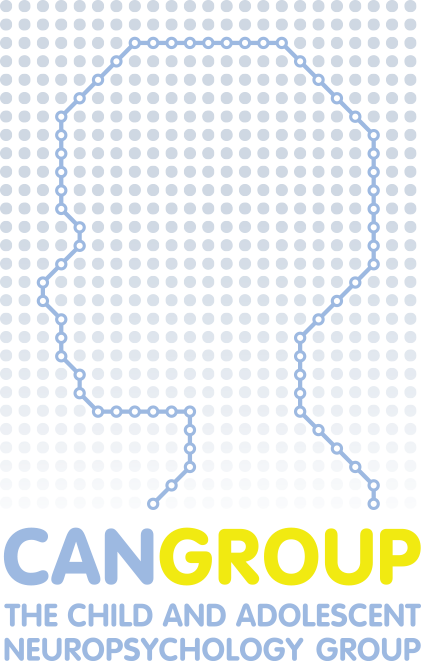Academic Skills
Reading and Spelling
A child’s literacy skills (reading and writing) are underpinned by two core abilities: phonological awareness, and phonics. Phonological awareness refers to an understanding of the sounds that make up language, whilst phonics refers to an understanding of the relationship between letters and sounds. Phonological awareness is necessary in order to use phonics when reading and writing. Both skills are essential for the acquisition of literacy skills: children use their phonological awareness and phonics skills to decode or ‘sound out’ unfamiliar words, and to break down words into their sounds when attempting to spell.
When a child is having difficulty learning or not keeping up with their peers in the classroom, it is important to assess various aspects of phonological awareness, phonics, reading, and spelling, to determine any gaps and identify underlying causes. For example, assessment may include how well a child can break down words into the sounds, or blend multiple sounds together to form a word (phonological awareness), letter-sound knowledge or reading/decoding of nonwords (phonics), word reading, reading (and understanding) larger passages, and spelling.
Writing
Learning to write (particularly handwriting) requires both fine-motor and motor planning abilities (to support the physical act of writing), as well as spelling, grammar, and language skills (to produce text that is meaningful). When a child is struggling to develop their writing skills, it is important to assess several areas, including their handwriting, spelling, ability to construct sentences, and ability to plan and write longer essays. Understanding their broader literacy skills (including phonological awareness and phonics) is also important. Assessment of a child’s writing will include consideration of how legible handwriting is, how effortful it is for the child to produce writing, whether written output is meaningful and can be understood, and how they plan, organise, and structure larger pieces of writing (e.g., essays).
Mathematics
Mathematical skills include a child’s knowledge of numbers and counting, how they process such numerical information, knowledge of mathematical facts, and the ability to perform accurate and fluent calculations. When a child is not progressing with their mathematics skills, assessment can assist in determining gaps and underlying weaknesses. It may include assessment of mathematical knowledge (e.g., understanding of quantities, telling time), the ability to solve written equations or worded problems, and speed of retrieving mathematical facts (e.g., times tables).
Request further information
For general enquiries, please complete the form below.
Alternatively, if you require a booking with one of our Neuropsychologists,
please click here to proceed to our referrals & bookings page.

